
Sign in to your Collider account
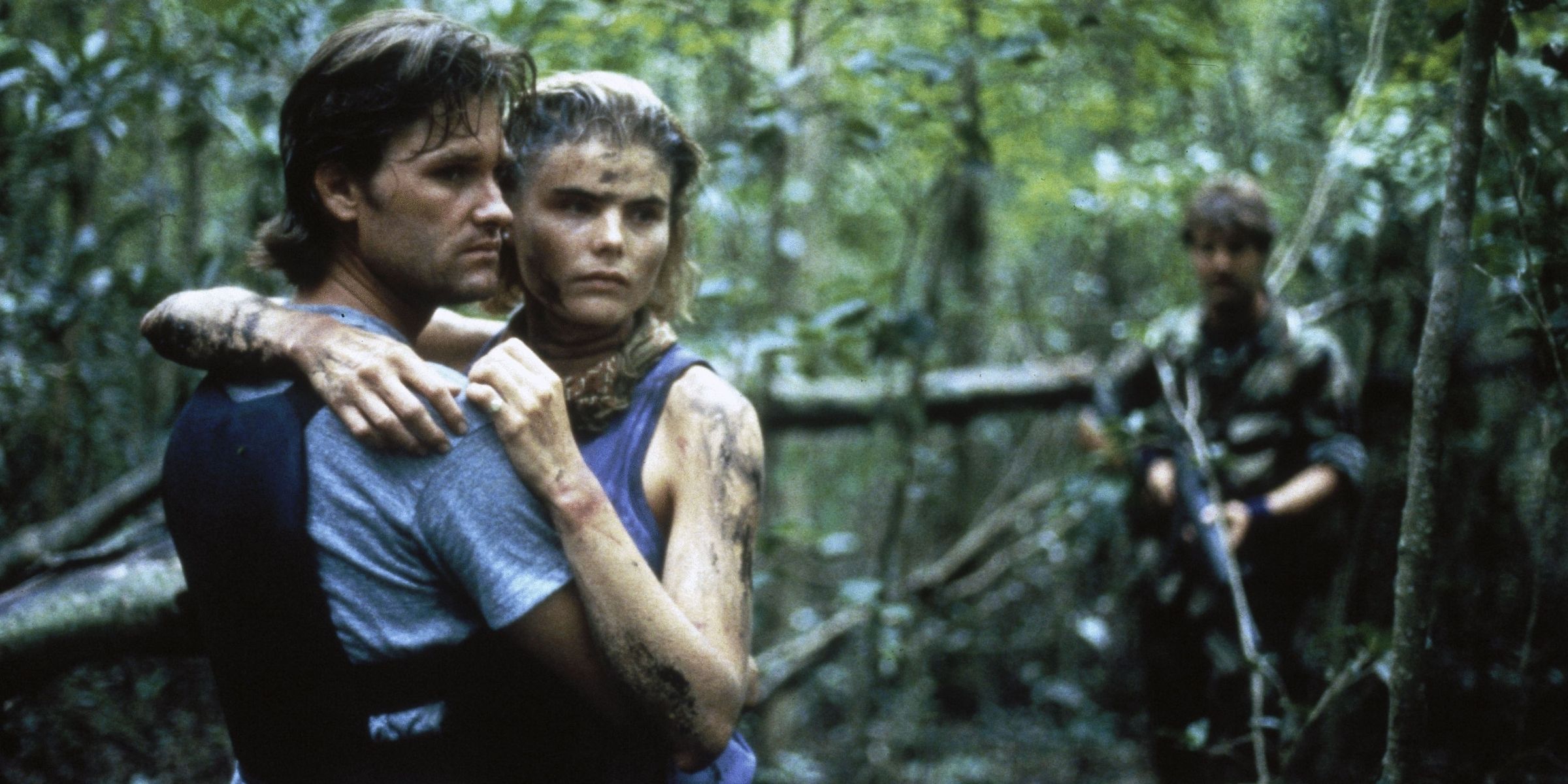 Image via MGM
Image via MGM
A violent storm brews off the coast of Puerto Rico, and the entire state is hot and sticky in anticipation of its arrival. However, in Miami, another kind of violent storm rocks the city. The Mean Season is a 1985 thriller set against the backdrop of the Miami hurricane season, starring Kurt Russell, Mariel Hemingway, and Richard Jordan. The film is a gripping take on the serial killer horror sub-genre. And though The Mean Season predates the boom of serial killer films, which the release of The Silence of The Lambs inspired, it contains a lot of the same themes audiences would appreciate in later entries in the genre. But despite being a tense and horrifying thriller, audiences at the time didn't seem to show up, let alone care for it. The Mean Season would go on to make less than its budget at the box office and has stayed largely buried, even today.
The Mean Season explores the exploitative nature of true crime coverage in the media through Malcolm Anderson (Russell), a journalist hoping to leave his career covering crime and murders but finds himself caught up in the Numbers Killer (Jordan) after he writes about his first victim. The Mean Season, like Zodiac, focuses on the tension between the news industry's obligation to inform the public and its obligation to make money. Based on the novel In The Heat of The Summer by John Katzenbach, the film has unique insight into the inner workings of the journalism industry.
The film utilizes shots of the literal machines used to print newspapers as transitions between scenes to really hammer home the mechanical nature of true crime journalism. Anderson goes from a journalist who simply reports the news to a man who becomes the news after the Numbers Killer establishes him as his main contact. This story could make his career — but it also begins with the death of an innocent teenage girl. The Mean Season questions the apathetic voyeurism required to make a career out of this kind of reporting without resorting to it itself. The audience never becomes witness to any of the victims' deaths directly, and while Anderson is visibly disgusted when he sees the bodies, other reporters and photographers leap at the chance to get their shot.
'The Mean Season' Brings the Heat in More Ways Than One
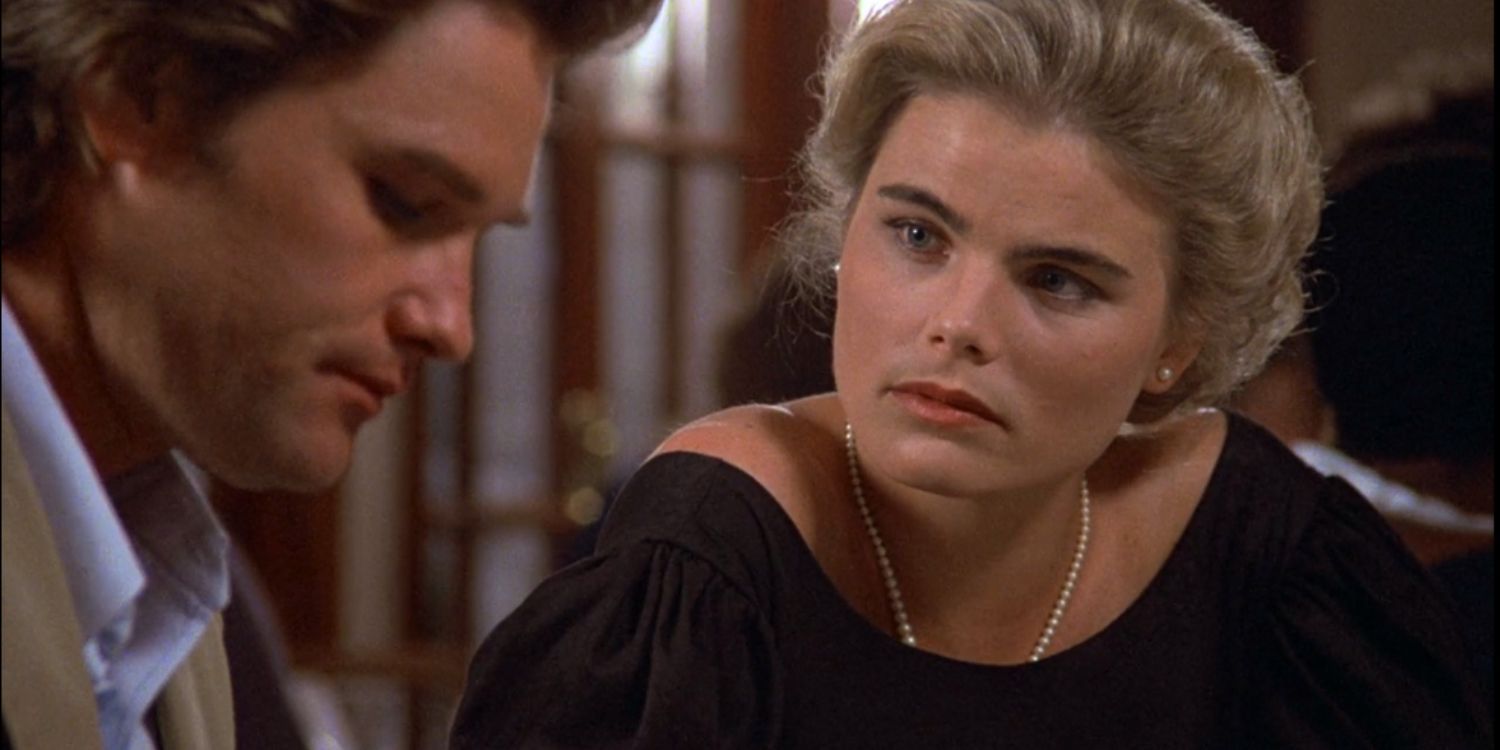 Image via MGM
Image via MGM
At the core of The Mean Season lies mundane domestic tension that soon turns sour. Russell’s Malcolm Anderson has promised to leave his esteemed but stressful job as a Miami journalist to move to a small town in Colorado with his girlfriend Christine Connelly (Hemingway). And though a dynamic like this could leave audiences thinking of Malcolm as inconsiderate and self-centered, or Christine as a nag, The Mean Season succeeds in demonizing neither. And though, as Malcolm delves farther and farther down the dark path of his Numbers Killer investigation, his refusal to leave it drives a wedge between them, it’s understandable and compelling to see why. Christine isn’t simply frustrated he’s put off their plans to move to a more peaceful place; she’s scared for him. Scared that, not only will his hunt for the killer put him in physical danger, but scared of the impact it might have on his psyche too. The farther Malcolm falls into the Number Killer’s web, the more distant he becomes from her. In a twisted sense, the Numbers Killer almost becomes a romantic rival for Christine. It isn’t just Malcolm’s actual time he takes up, but space in his thoughts too. Like a mistress he’s too embarrassed to admit to, Malcolm insists that he’s not getting in too deep. But regardless of what he says, he’s still out late and distant and waiting by the phone for someone who isn’t her. Someone who might very well kill them both.
This domestic struggle between Malcolm and Christine would fall incredibly flat under lesser actors. Russell and Hemingway alike have fantastic romantic chemistry that makes it easy to root for them. Russell is as charming as he quite often is, but Hemingway really brings something unique to the film. Mariel Hemingway somehow manages to play Christine, not only as the bereaved spouse of an investigator who’s gone too far but also as the sole voice of reason too. Despite the narrative having plenty of journalists and police officers, she seems to be the only person who responds to the Numbers Killer and his games rationally. Everyone else seems to have an apathetic, if not voyeuristic, response to the killings, but she recognizes how sick and twisted they truly are. In a film full of characters trying to get their payday through this series of tragedies, Christine becomes the moral center. A beaconing light for Malcolm to return to, it is ultimately her presence that keeps him from getting lost in the sick game the Numbers Killer is trying to play.
'The Mean Season' Tows The Line Between Being Boring And Realistic
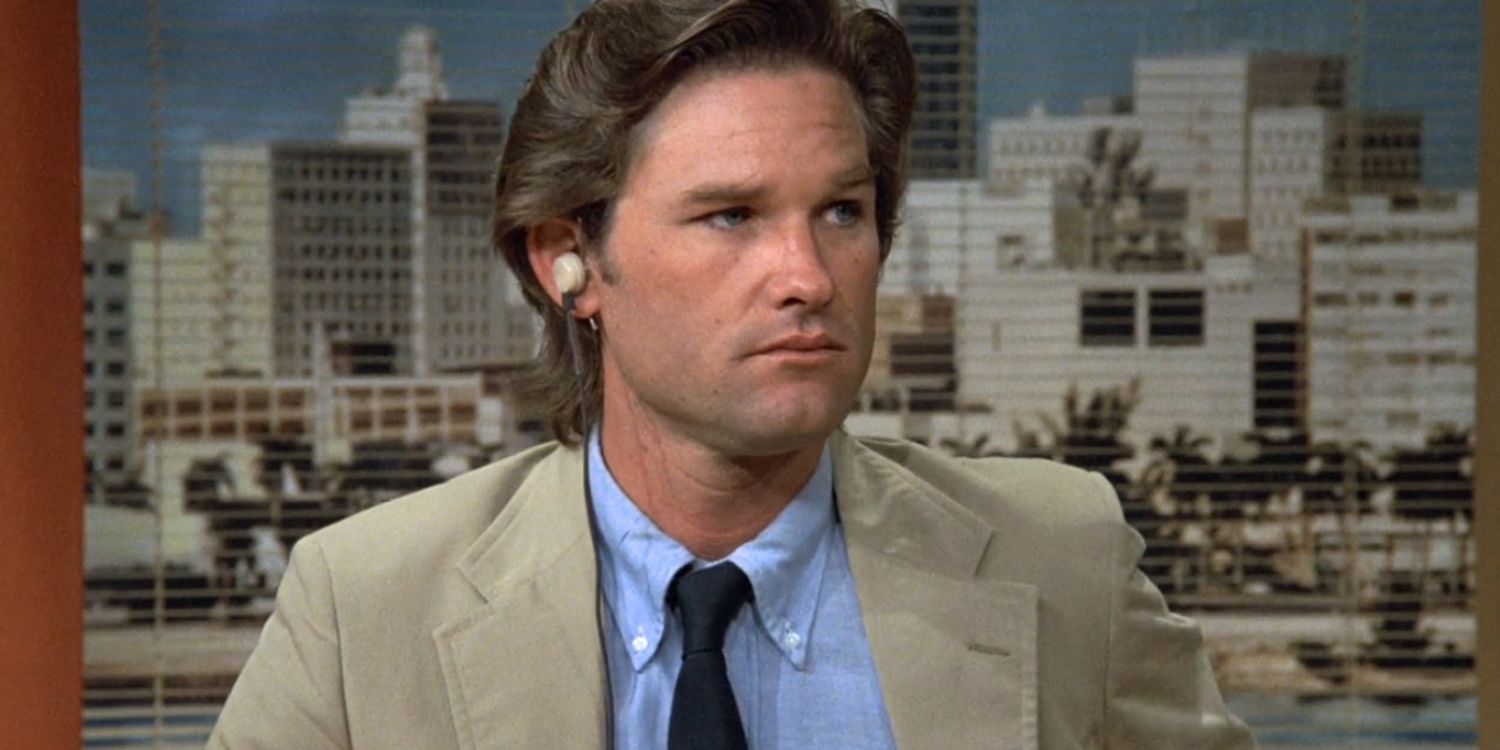 Image via MGM
Image via MGM
One of the main struggles in constructing fictional serial killers for film or television is the battle between a realistic killer and an interesting one. Despite our voyeuristic fascination with real-life killers, most of them are not actually interesting beyond their crimes. Serial killers, in America at least, overwhelmingly tend to be male; they’re motivated by their own enjoyment or financial gain. The majority target women or other vulnerable populations; their motivations for targeting women are often just violent misogyny. Real killers are often just men who feel entitled to the bodies of women.
The problem when making a film like The Mean Season is that a misogynist who feels entitled to the bodies of women is not only uncomfortable but also a bit bland. Audiences may go into thrillers looking to be disquieted, but only to a certain degree, and watching a tense cat-and-mouse game between a killer and the journalist covering him becomes significantly less enjoyable when the motivations for the killer are explicitly bigoted. Additionally, while misogynistic killers who hate women and thus murder them are reflective of a lot of real-life killers, they also make for incredibly tedious characters to watch. These real killers lack interesting inner worlds to explore; interviews with them tend to become monotonous, and there’s a certain 'really, that’s it?' quality to the inner lives of most killers.
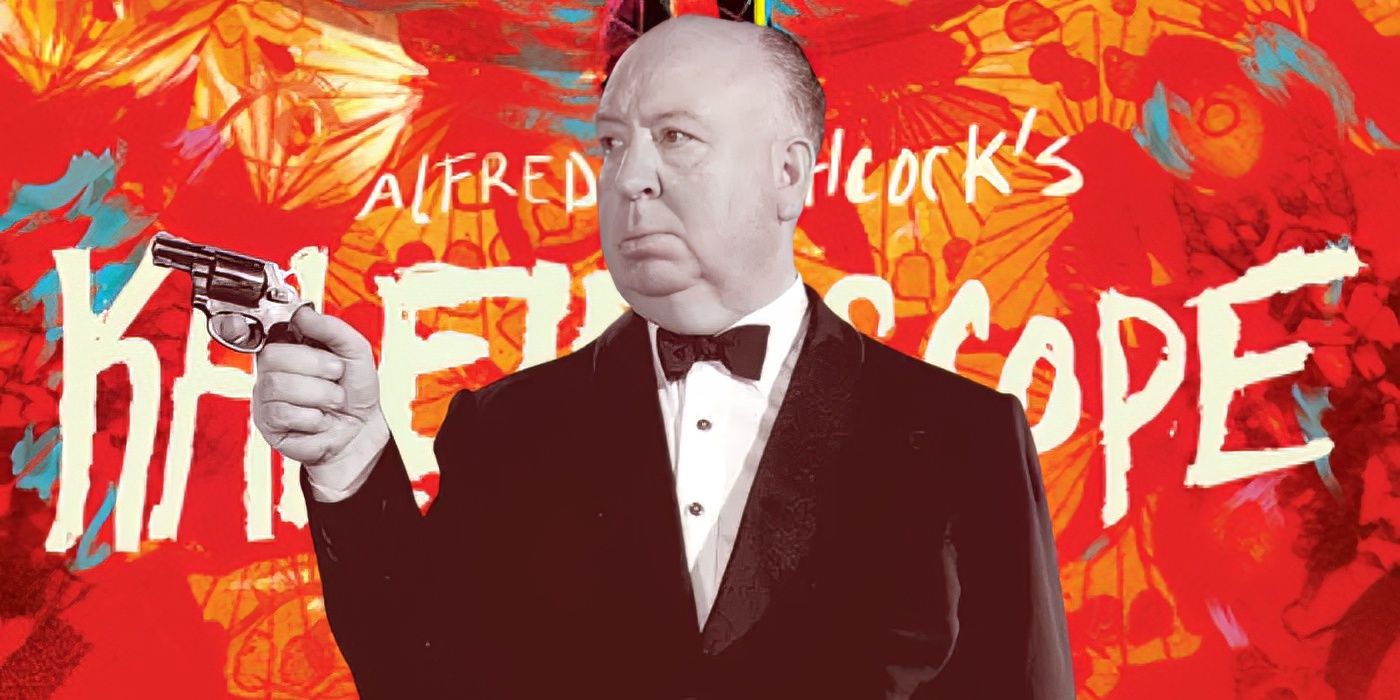
Related
Alfred Hitchcock Never Got To Make His Gory Serial Killer Horror Movie
The visionary behind 'Psycho' almost had another envelope-pushing film, but it was too disturbing...
The Mean Season tackles this by having The Numbers Killer target a wide variety of victims. His first is a teen girl, but unlike a lot of real-life killers, he doesn’t stick to one type of victim, as he also targets an older couple and a middle-aged man. He’s motivated entirely by his own attention-seeking, and while the idea of a serial killer who kills for attention is far from new to modern audiences, as a trope it doesn’t actually reflect reality. As stated above, most killers commit their crimes for their own enjoyment or financial gain. The Mean Season tackles the exploitative nature of true crime journalism in the real world, yes. But as a film it also recognizes that realism doesn’t always serve the story.
In order for a film like The Mean Season to tackle the real world voyeuristic exploitation of true crime journalism, it itself often has to exaggerate the killer at its core to make the story interesting. The Numbers Killer’s relationship to Malcolm too is an exaggeration of reality. While, say, the Zodiac Killer communicated with the press, it was never anything as direct as calling specific journalists and having these long, tense conversations. While the heightened reality The Mean Season frames its story within could easily slide into the same sleaze it's critiquing, The Mean Season tows the line perfectly. The film doesn’t linger on the violence The Numbers Killer commits but instead on the grief it brings his victims’ survivors and the way the press exploits that grief.
'The Mean Season' Echoes Later Serial Killer Flicks
The Mean Season, despite pre-dating most popular entries into the genre, feels like it's in conversation with other serial killer movies. The Miami setting is reminiscent of Dexter at times. Then there's the film's finale, which takes place during a hurricane after the Numbers Killer threatens Anderson at his home, which feels reminiscent of Red Dragon's final moments. Strangely enough, while The Mean Season predates both Red Dragon film adaptations, In The Heat of the Summer was released a year after Red Dragon's original novel. Which, while certainly wasn't enough time for John Katzenbach to have taken inspiration, does make for quite the thematic double feature.
The film's similarities to David Fincher's 2007 Zodiac also make for interesting comparisons. While the Numbers Killer is undoubtedly inspired by the real Zodiac Killer and his relationship with the press during his crimes, both films benefit from being adapted from works written by real journalists. Fincher's own film is based on Zodiac, a true-crime book written by San Francisco Chronicle cartoonist, Robert Graysmith. Fincher presents Graysmith as a journalist so obsessed with deciphering the truth of the Zodiac's identity that he ruins relationships in his own life. The Mean Season explores similar themes through the domestic struggle between Anderson and his long-time girlfriend Christine (Hemingway), as she begs him to leave the career that makes him miserable. Despite this, he can't seem to take the leap because of the attention the case brings him, and the obligation he feels towards seeing it through.
While audiences at the time didn't appreciate The Mean Season for what it was, the film had its finger on the pulse of a horror sub-genre that would explode only six years later. With the boom of true crime blogs, podcasts, and streaming series, audiences are just now beginning to grasp the exploitative nature of an industry hell-bent on taking their money and selling them other people's tragedies. Perhaps theater-goers in 1985 weren't exactly ready for that kind of conversation; but regardless, The Mean Season is a tense and gripping example of a horror sub-genre that has since shoved it to the back of the shelf.
The Mean Season is currently available to stream on Tubi in the U.S.
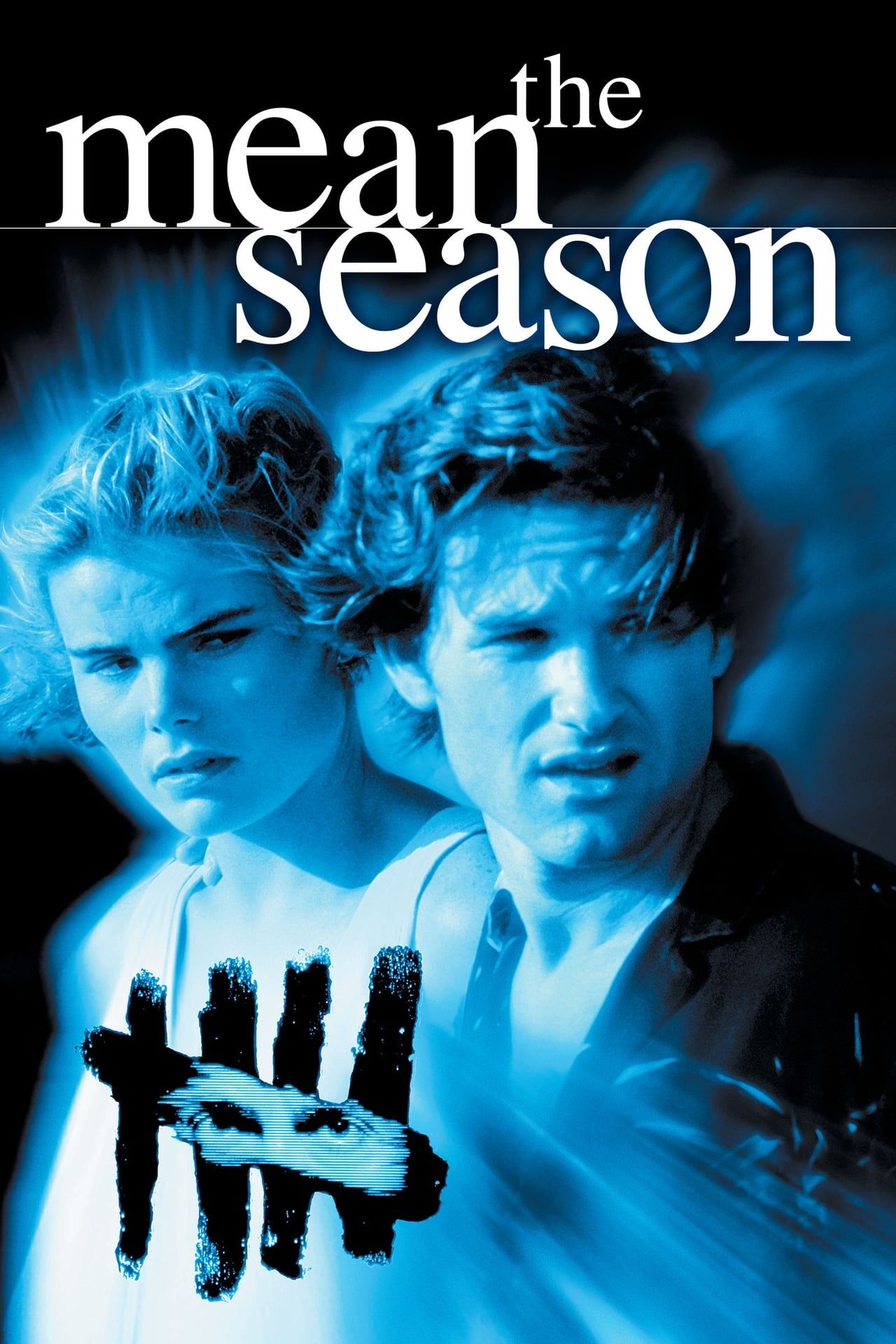
Your changes have been saved
Release Date February 15, 1985
Director Phillip Borsos
Runtime 103 Minutes









 English (US) ·
English (US) ·